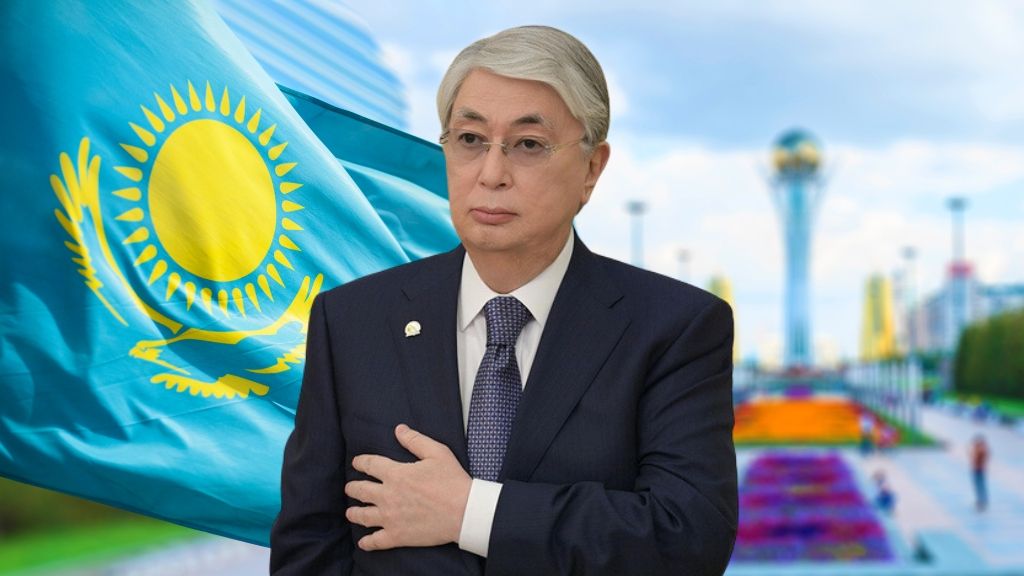
In Kazakhstan, civil servants, military personnel and heads of state organizations are now banned from gambling, under a new law signed by President Kassym-Jomart Tokayev. However, the decision is only one aspect of a broader proposed legislative reform that has not yet been fully approved. Other aspects of the reform have generated controversy, including lobbying, revelations and allegations of wrongful political arrests.
The recently signed law aimed at combating gambling addiction in the country affects about 280 thousand civil servants. In addition, the law prohibits debtors from gambling - this regulation affects 3.5 million people.
"The list of persons prohibited from participating in gambling and betting has been expanded. Now civil servants, military personnel, employees of special and law enforcement agencies, and heads of budgetary organizations will also not be able to participate in gambling and betting. Failure to comply with the law will result in dismissal," the press service of Akorda , the presidential palace, reported.
Under the new law, telecommunications companies are prohibited from sending out gambling advertisements. Advertising of bookmakers and casinos is restricted, and violations are subject to fines of 200,000 tenge ($416). Illegal foreign bookmakers, lotteries and online casinos are banned. Online casino operators face up to two years in prison. The minimum age for betting has been raised to 21.
Kazakhstan's gambling market, which dates back to the Soviet era, has been significantly curtailed since the first regulatory measures were introduced in 2017. The newly passed law is part of a broader legislative reform effort and was first introduced in 2020 as a health bill.
One of the key aspects of the proposed reform is the creation of a Rate Recording Centre (RRC), which would be run by private companies and oversee the rates market. The RRC would control resource allocation, production and sales, identify market participants and collect 1.5% of all profits. The proposal has sparked extensive debate in parliament amid concerns about potential abuses and corruption.
Given the profitability of the gambling market, 1.5% of all revenues represents a significant amount: the betting industry in Kazakhstan is expected to generate $500 million by 2025.
In 2020, Kazakhstan's Vice Minister of Culture Saken Musaibekov resigned after being caught taking bribes from lobbyists representing two private companies, Exirius LLP and PayBox, who sought to advance the Betting Center law and gain control over all of its functions.

Former Vice Minister of Culture Saken Musaibekov
Opponents of the bookmaking law are reported to be facing pressure and threats of retaliation, forcing them to remain silent. For example, the owners of independent bookmaking company Olimp were arrested after holding a press conference against the law. The government accuses them of belonging to organized crime syndicates, while they claim they are being persecuted for their whistleblowing.
Despite the controversy, the CCS, now renamed the Unified Accounting System, remains part of the new bill. The amendments passed their first and second readings in parliament in June and are awaiting signature by the president.
The Kazakh government says more than 350,000 people, including many minors, gamble, representing nearly 2 percent of the population. Authorities aim to halve that number in the coming years. Each of those gamblers has an average debt of 10 million tenge ($20,083), according to the Interior Ministry.
"Compulsive gambling habits are causing suffering and destroying thousands of families, forcing many to take the path of crime. News appears daily about people drowning in debt and committing suicide because of gambling. Gambling addiction is causing great harm to the younger generation; online gambling is becoming an everyday pastime for children," says President Tokayev.
Legislative reform is not the government’s only tool in the fight against problem gambling. In February 2024, authorities dismantled the largest network of illegal online casinos, seizing more than $1 million and 20 weapons, and detaining 400 people. The government has also begun to introduce medical treatment for problem gamblers, allocating a budget of more than 80 million Kazakhstani tenge ($166,641) to combat gambling addiction.
Source